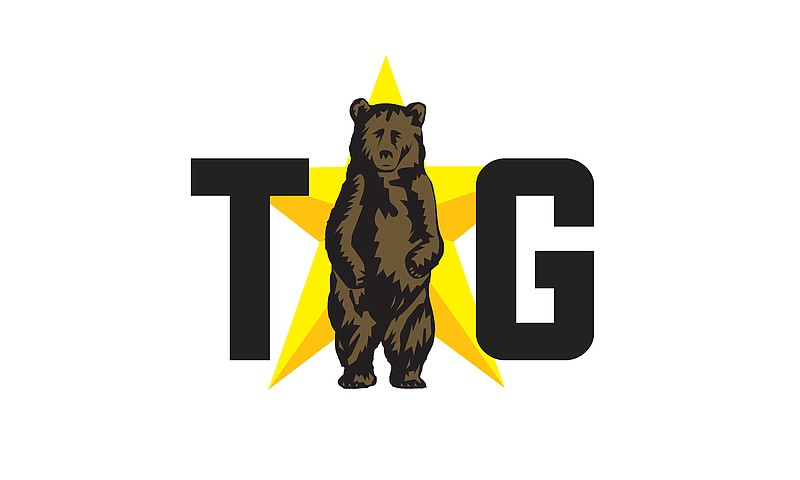With tens of thousands of airline workers facing layoffs this fall, labor groups are pushing Congress for more federal money to keep them on the payroll until next spring.
The unions have gained significant support among Democrats. They hope that the prospect of mass layoffs weeks before a pivotal election will sway some Republican votes.
The airline industry has been battered by the virus pandemic. In March, companies got $32 billion to help cover payroll costs for six months in exchange for not laying off workers. The money and the ban on layoffs both end Oct. 1, meaning there could be large-scale job cuts less than five weeks before the Nov. 3 election.
"Ultimately the White House will be responsible for that, and so will the 23 Republican senators who are up for re-election," said Sara Nelson, president of the Association of Flight Attendants. "I don't believe that's a political risk that anyone is willing to take."
But approval is far from certain. Airlines are already downsizing - persuading thousands of workers to take voluntary buyouts or early retirement. And they have lined up billions of dollars in private borrowing, giving them a better chance of surviving a long slump in travel.
The CEO of Southwest Airlines said he supports an extension of federal dollars for airline payrolls, but he doesn't see the same urgency in Washington.
Back in the spring, "there was broad support from Congress, the administration and even the president," Gary Kelly said. "This time around, that is not the case."
Kelly made the comments in an employee video after a union representing flight attendants and other Southwest employees asked him to publicly support the payroll-aid extension.
Thirteen airline unions have joined to lobby Congress for a six-month extension of the payroll provision. Of the total, $25 billion would go to passenger airlines.
Major airlines support the extension, but they are keeping a low profile. Union and airline representatives fear that if the big airlines openly lobby for the money, it could be portrayed as a bailout.
Airlines for America, the trade group for the biggest U.S. carriers, said it is not pursuing new government help but would take it if no new conditions were attached. A group representing smaller carriers, the Regional Airline Association, has been more vocal in urging Washington to approve the money - two of its members have already shut down during the pandemic and a third is in grave jeopardy.
The union campaign is showing signs of momentum. This week, more than 220 lawmakers in the House - mostly Democrats, but joined by 28 Republicans - endorsed the money, which they hope to include in a new coronavirus-relief package being negotiated on Capitol Hill. Prospects in the Republican-controlled Senate and the Trump administration are less clear, however.
In the Senate, Majority Leader Mitch McConnell, R-Ky., did not include airlines in his $1 trillion coronavirus relief proposal. Some Senate Republicans say McConnell's measure is already too expensive, and they could object to tacking on another $32 billion.
The Trump administration hasn't stated its position on a second round of relief. Treasury Secretary Steven Mnuchin said recently that airlines need more help to survive the travel downturn caused by the pandemic but gave no details. The Treasury Department declined to comment on the matter this week.

